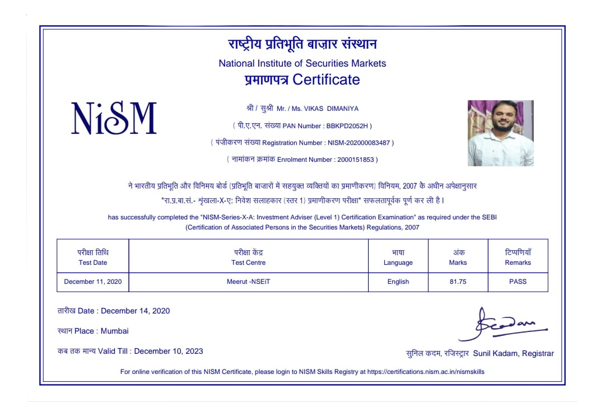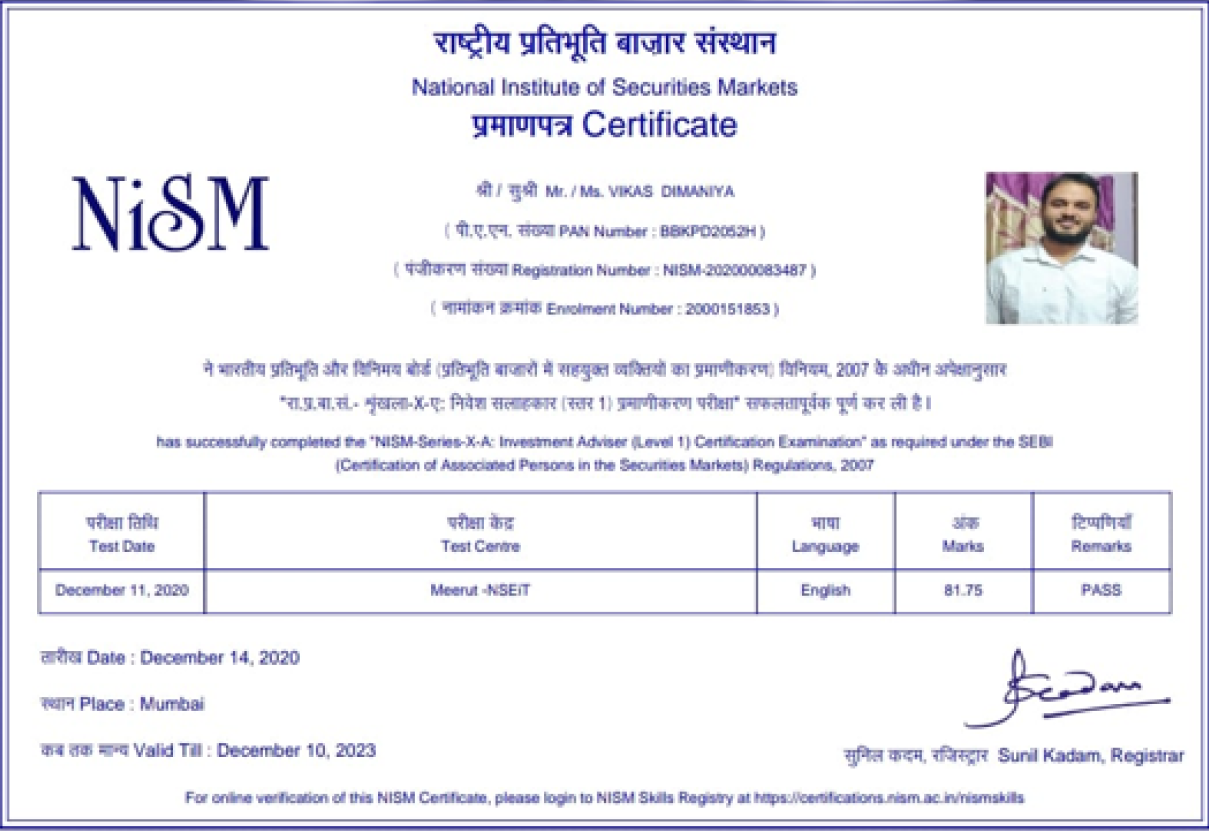Introduction:
The Indian stock market is a dynamic platform that serves as the backbone of the country’s financial system. It provides a medium for buying and selling various financial instruments, primarily stocks, bonds, and derivatives. To ensure fair and transparent operations, the Securities and Exchange Board of India (SEBI) plays a pivotal role as the regulatory authority overseeing all stock market activities.
Opening a Trading Account:
A trading account is a gateway for investors to participate in the stock market. It acts as a conduit for executing buy and sell orders for various securities. To open a trading account, individuals need to approach a registered stockbroker. The broker will guide them through the account opening process, which usually involves submitting necessary documents, such as identification and address proofs. Once the account is activated, investors gain access to a user-friendly platform equipped with real-time market data, analysis tools, and order placement capabilities.
Role of DEMAT Account:
A DEMAT (Dematerialized) account is a digital repository of shares held by investors. Gone are the days of physical share certificates; a DEMAT account efficiently stores all securities in electronic form. This eliminates the risk of loss, theft, or forgery associated with physical certificates. Whenever an investor buys shares, they are credited to their DEMAT account, and when they sell, the shares are debited accordingly. This seamless process ensures secure and efficient transactions.
Benefits of holding shares in DEMAT form include easy access to portfolio details, instant transferability of shares, reduced paperwork, and the ability to participate in electronic corporate actions like dividends and bonus issues effortlessly.
Banks’ Involvement in Money Transfers:
Banks play a crucial role in facilitating the smooth transfer of funds for trading purposes. Investors need to link their trading account with their bank account to initiate money transfers. This linkage ensures that only the investor’s registered bank account can be used for transactions, enhancing security and reducing the risk of fraudulent activities.
The process of transferring funds can be accomplished through various channels, including internet banking, mobile banking, and NEFT/RTGS. Prompt money transfers enable investors to seize profitable opportunities promptly, keeping them at the forefront of the dynamic stock market.
Settlement Process through NSCCL:
The National Securities Clearing Corporation Limited (NSCCL) is a wholly-owned subsidiary of both the National Stock Exchange (NSE) and the Bombay Stock Exchange (BSE). NSCCL plays a crucial role in ensuring the smooth settlement of trades in the stock market.
The settlement process involves the exchange of securities and funds between the buyer and the seller on the pre-specified settlement date. NSCCL acts as an intermediary, guaranteeing the settlement of all trades and managing counterparty risks. This system enhances market integrity and reduces the likelihood of default, providing investors with confidence in the functioning of the stock market.
Conclusion:
The Indian stock market presents a world of opportunities for investors to grow their wealth. By understanding its inner workings, investors can navigate this complex yet rewarding landscape more confidently. SEBI’s role as the regulatory authority ensures a fair and transparent environment for all market participants.
Opening a trading account grants investors access to the market, while a DEMAT account simplifies the process of holding and transacting securities. Banks’ involvement in money transfers adds a layer of security, and the NSCCL’s settlement process ensures smooth and risk-mitigated transactions.
As readers, it is essential to grasp the intricacies of the Indian stock market before taking the plunge. Armed with knowledge and prudence, investors can capitalize on the market’s potential and achieve their financial goals responsibly. Remember, investing involves inherent risks, and informed decisions are key to success in the exciting world of stocks and securities.




